The USA, 1954-75
Life for black Americans after World War Two - Edexcel
Many black Americans had fought for their country in World War Two, but still faced discrimination, segregation and violence back home. Organisations campaigned for civil rights. However, brutal treatment continued.
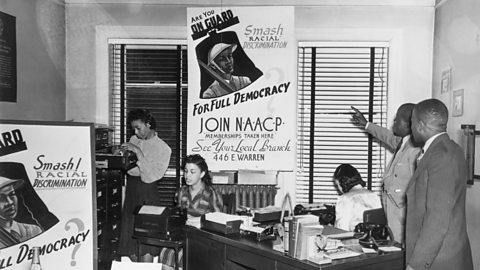
Fighting for civil rights - Edexcel
Events in the 1950s challenged segregation in schools and on public transport. Even so, there was much opposition to desegregation. The 1957 Civil Rights Act disappointed many civil rights campaigners.
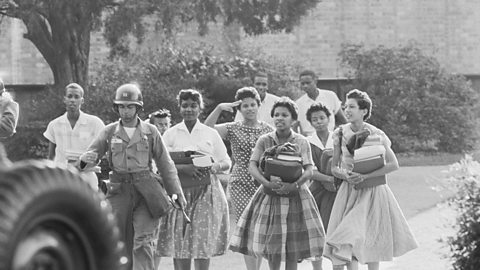
Peaceful protest in the 1960s - Edexcel
Campaigners in the early 1960s used more direct action to improve civil rights. They held sit-ins, freedom rides and marches to get publicity. They also tried to increase black voter numbers.
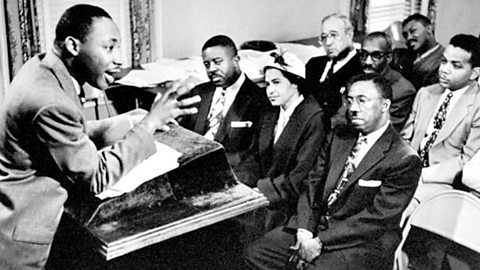
Radical protest in the 1960s - Edexcel
In the late 1960s, the civil rights movement changed focus. Dr Martin Luther King Jnr continued to emphasise moderation but other black leaders promoted different approaches and beliefs. Some argued for the creation of a separate black state.
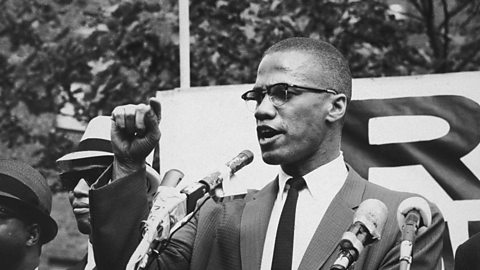
US involvement in the Vietnam War - Edexcel
The US entered the Vietnam War to stop the spread of communism. Although it had superior weapons, it was unable to defeat the local guerrilla forces. In 1975, Vietnam, Cambodia and Laos all became communist countries.

Reactions to and end of US involvement in Vietnam - Edexcel
Opposition to the Vietnam War within the USA grew as US forces failed to gain the expected victory. Finally, the USA introduced the policy of Vietnamisation, which ultimately led to the reunification of Vietnam under a communist regime.
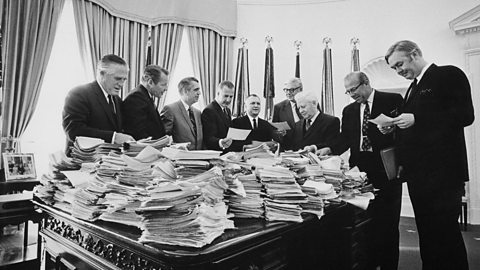
Links
- External linkExternal link
- External linkExternal link
- External linkExternal link
- SubscriptionSubscription
- External linkExternal link